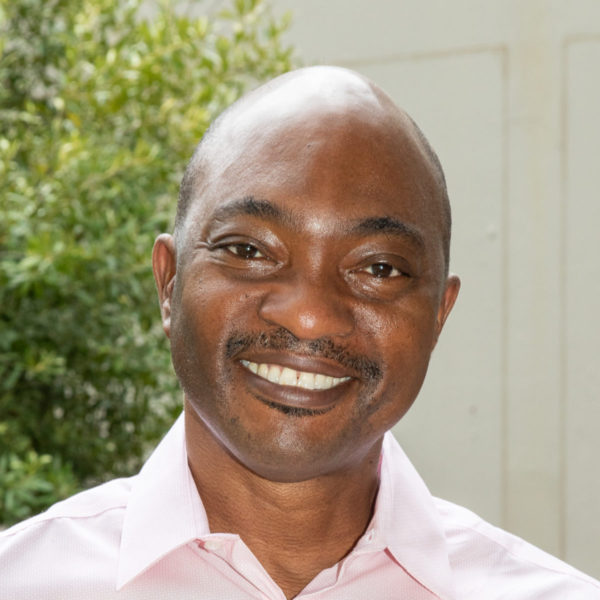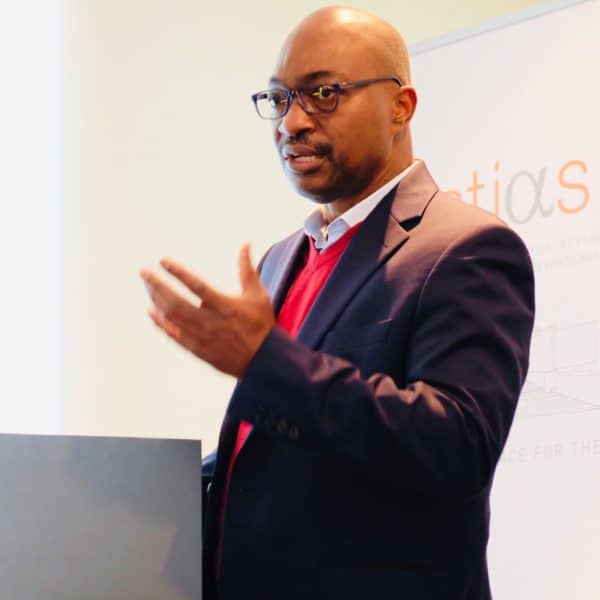This research project examines the first generation of independent African leaders and how they went about constructing new African nation-states: forging a sense of nationhood out of disparate African ethnic groups brought together within artificial colonial boundaries through colonial rule; imagining the new nation through culture, religion, and the arts; choosing or defining a development model in a world divided into opposing camps of East and West by the Cold War; and the excitement of new sub-disciplines like development economics and its promise to transform former tropical colonies. The period covered is from 1945, when the colonial state becomes a “developmental state” and development economics was born, through circa 1980, when we see changes in the first generation of leaders, the decline of development economics and the rise of the monetarists, as Africa slips into the worst economic decade on record in its post-colonial history. The project draws heavily on four case studies: Ghana under Nkrumah, Guinea under Sekou Touré, Senegal under Senghor, and Tanzania under Nyerere. It also draws on material from Nigeria and the Ivory Coast, and seeks to incorporate new material from the ANC archives at Fort Hare University in South Africa. Apartheid was an emotive issue for these African leaders, and Ghana and Tanzania provided a home for many liberation fighters from southern Africa.
Menu
Related news
Related news
Related events
Related events
13 May 2021
- Public Event, STIAS webinar series
Share this project:
Share on whatsapp
WhatsApp
Share on email
Email
Share on facebook
Facebook
Share on twitter
Twitter
Share on linkedin
LinkedIn
Is any information on this page incorrect or outdated? Please notify Ms. Nel-Mari Loock at [email protected].


